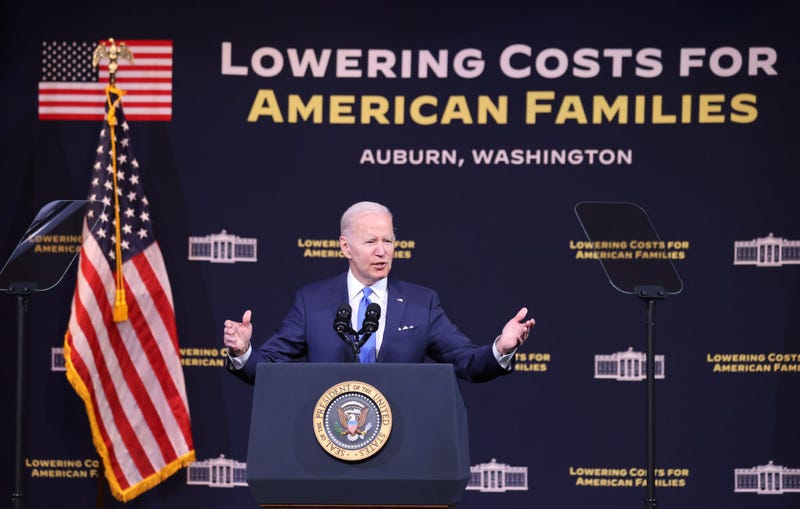
Although the larger Build Back Better economic package proposed by president Joe Biden failed earlier this year, Democrats seem determined to get at least one element of it passed soon: lower prescription drug costs.
According to Sen Majority Leader Chuck Schumer (D-N.Y.) Democrats and Republicans met last week to discuss prescription drugs in what he called an “important preliminary step will clear the way for passing our reforms through the reconciliation process.” The Hill reported Monday that legislation to lower the costs of these drugs could get a vote in the Senate in the next two weeks.
Schumer said the legislation “will lower costs and improve the lives of tens of millions of American families.”
Ways in which the legislation would accomplish this include: empowering Medicare to negotiate the price of many prescription drugs, directly lowering drug costs; capping Americans’ out of pocket drug expenses to $2,000 a year; offering free vaccines and additional support to the low-income elderly through Medicare; and ensuring health care premiums for millions don’t “skyrocket in the coming months.”
“We may not be slashing child poverty or doing much of anything to counter the climate crisis, but at least we can (probably) count on lower prescription drug prices,” said Mother Jones of the proposal, referencing other elements of the failed Build Back Better plan.
It appears that Democrats have enough votes to pass the new slimmed-down version of the plan without support from the GOP, said The Hill. Even Sen. Joe Manchin (D-W.V.) – who blocked the initial Build Back Better framework and has voted out-of-step with his party in the past – has said he would support the measure.
However, The Hill said Republicans and the pharmaceutical industry could push back on the effort and that it could be derailed if any Democrats are missing from Congress due to COVID-19 sick leave. As Republican campaign ads blame Democrats for inflation, according to CBS News, Schumer argued that this new proposal is the way to stop it.
“If you want to fight inflation, then you should support passing this much needed proposal on lowering prescription drug costs,” he said, noting that people in the U.S. pay more for prescription drugs that “any other people on Earth.”
According to the most recent data from the Peterson Center Healthcare and Kaiser Family Foundation Health System Tracker, “prescription drug spending in the U.S. is about double that of many peer nations.”
Additionally, an analysis by the Congressional Budget Office this month found that the draft text for a prescription drug package that could be part of an upcoming reconciliation bill included provisions that would reduce the deficit by $287 billion through 2031, with $321 billion in gross savings and $34 billion in new spending.


